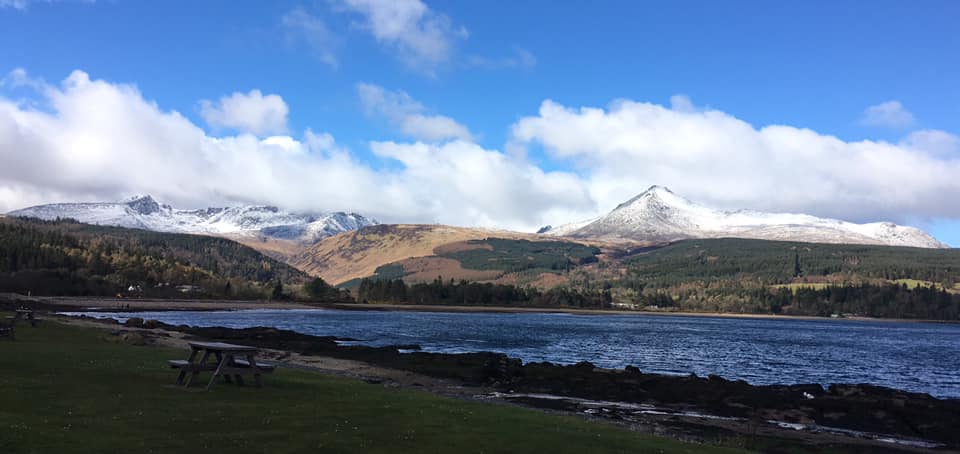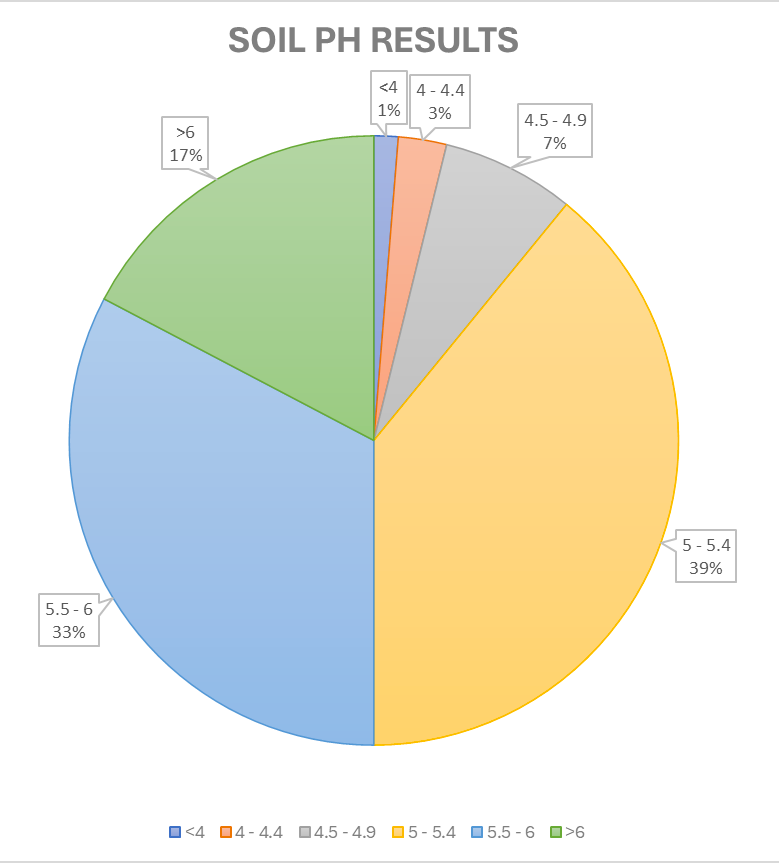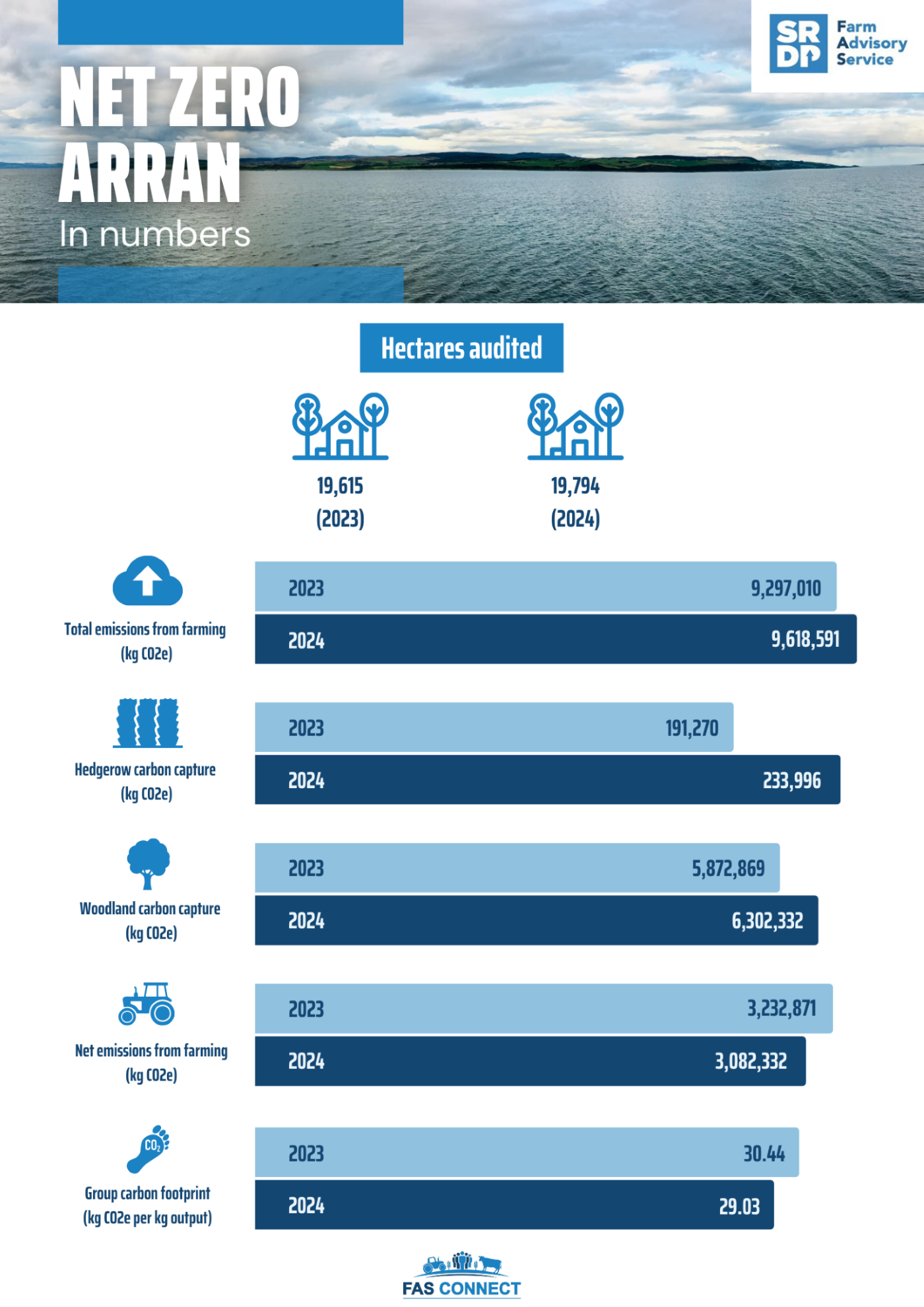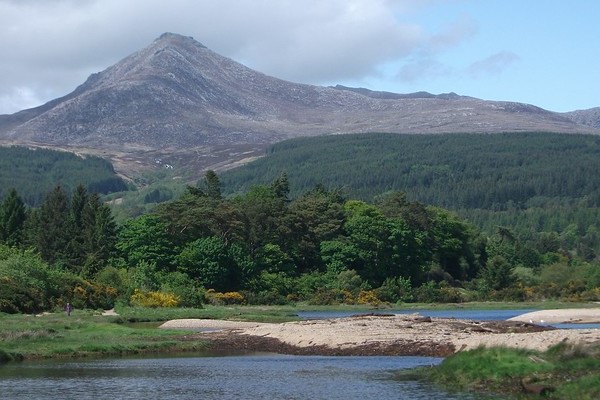Net Zero Arran
A group of farmers on the Isle of Arran, sometimes called ‘Scotland in miniature’ because of the range of farming it hosts, have begun to reduce their own carbon footprint to help create a blueprint for Scottish agriculture, and give themselves a commercial advantage in the process.
Farmers on Arran have begun working together to try and reduce the carbon footprint of the island, starting with their own greenhouse gas emissions. In what could be a blueprint for mainland farmers, they are using a tool to benchmark and measure the greenhouse gases they emit through farming - methane, carbon dioxide and nitrous oxide - and will then take action together to reduce those emissions.

Number of Fields Soil Sampled

Soil pH Results
The pie chart shown sets out the variation in soil pH across all tested fields. With soil pH targets ranging from 6 – 6.5 only 17% of all samples taken fall into the ideal range. Work continues to promote good soil management and this table will be periodically updated as more data is collected. Having soil pH is good order means that farmers can make better use of organic and inorganic nutrients, grow a better range of higher quality crops and provide the best conditions for earthworms and soil microbial activity – underpinning agriculture.

Data accurate as of September 2024
What is Net Zero Arran?
Net Zero Arran is a farmer led climate change group, focusing on mitigation of common issues and barriers to climate resilience. Like many businesses across Scotland, there are common issues affecting each business but, in an island setting these manifest unique challenges, but through collective action and incremental change, Arran strives to be Net Zero ready.
As part of FAS Connect, the group has prepared a summary report of all 2023 activity which can be found here:
Island Sustainability Facts and Figures
Each business will have their own individual needs as aspirations and everyone is motivated by different outcomes, some members see participation in the group as a means of achieving increased productivity, other see it as an opportunity to cut emissions or enhance nature value on the island but all are committed to promoting sustainable land use on the island. Of the current group members, 35% have made use of the Scottish Government’s Sustainable Agriculture Capital Grant Scheme (SACGS), 75% have used funding support from FAS for specialist advice relating to carbon and conservation and 32% are currently running their business concurrently with some kind of environmental contract.
Case Studies / Farmer Testimonials

The group has been a terrific success and we have some real momentum behind us now, Arran is Scotland in miniature and if we can make it work here then maybe we have a blueprint for rollout across the rest of the country.
– Alastair Dobson
I can see the way the wind is blowing, whether or not you like it Scottish Government has made climate change a priority and being part of this group has made that relevant and actually mean something at farm level.
– Angus Macalister
For our farm, carbon auditing has changed the way we make decisions, having another way of looking at the business has been good, as a result of our audits we have made new investments in grassland and a stubble turnip rotation that has been great for our flock and our land.
– Laura Currie
Sign up to the FAS newsletter
Receive updates on news, events and publications from Scotland’s Farm Advisory Service
